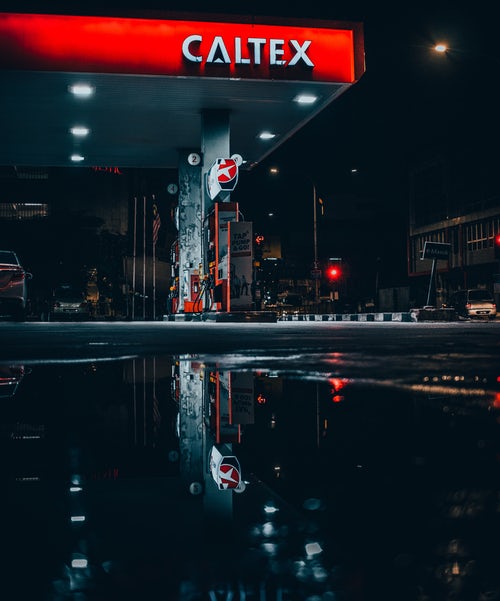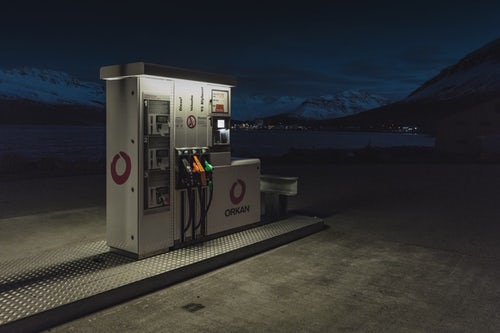THERE HAS BEEN something of a propaganda campaign to convince motorists that premium fuel burns cleaner and results in better fuel consumption figures, but is it true?
Premium fuel has a higher octane rating than standard unleaded. Normal unleaded is rated at 91 octane. Depending on where you buy your fuel, you can fill up with 95 octane or ultra-premium at 98 octane.
Of course, we are all susceptible to numbers and inclined to think higher equals better.
The internal combustion engine works on the principle of drawing in fuel and air on the downstroke (intake), squeezing it on the upstroke (compression) and then igniting it (the power stroke) which in turn pushes the piston back down and turns the crankshaft. On the next upstroke, the remaining gases are pushed out of the engine through the exhaust. And that’s why it’s called a “four-stroke” engine.
The higher the compression on the upstroke, the more force is generated and applied to the downstroke. That’s why so-called high compression engines are more powerful.
If the left-over remnants of gases from the previous ignition stroke cause the fuel/air mixture to ignite before the piston reaches its highest point in the engine, it’s called a misfire and the noises it produces are known as “knock”. The result is a loss of power.
The solution is to retard the explosion so that it happens at just the right moment. Premium fuel is just as explosive as lower octane fuel, but doesn’t ignite as soon.

Those old enough to remember, will recall that low quality fuel made high compression engines impractical. Way back, those of us using high performance engines had to find and use av (aviation) gas (usually rated at 100 octane) to get the best performance out of our engines. Using a lower octane fuel caused the dreaded “knock”, in turn leading to premature engine wear and fouled spark plugs.
Modern cars use a variety of sensors to adjust the engine timing to compensate for different octane ratings. If your owner’s manual recommends 95 or 98 octane fuel, these electronics will usually eliminate knocking if you occasionally have to fill with a lower-than-recommended octane fuel, but doing it consistently isn’t a wise policy.
Premium fuel, as the name implies, costs more than non-premium fuel, and often by a considerable margin. If your car is recommended to run on 91 octane fuel, filling it with premium won’t do any harm, but it will add considerably to your running costs.
Despite claims you may have heard, premium fuel does not clean your engine. The additives in some fuels are designed to clean older engines but won’t make much difference to cars with modern fuel-injection systems. Also, you may notice a small improvement in fuel consumption but nowhere near enough to offset the higher cost. You’ll see far better results by adopting economical driving habits, keeping your car tuned and ensuring your tyres are at the recommended pressure.
